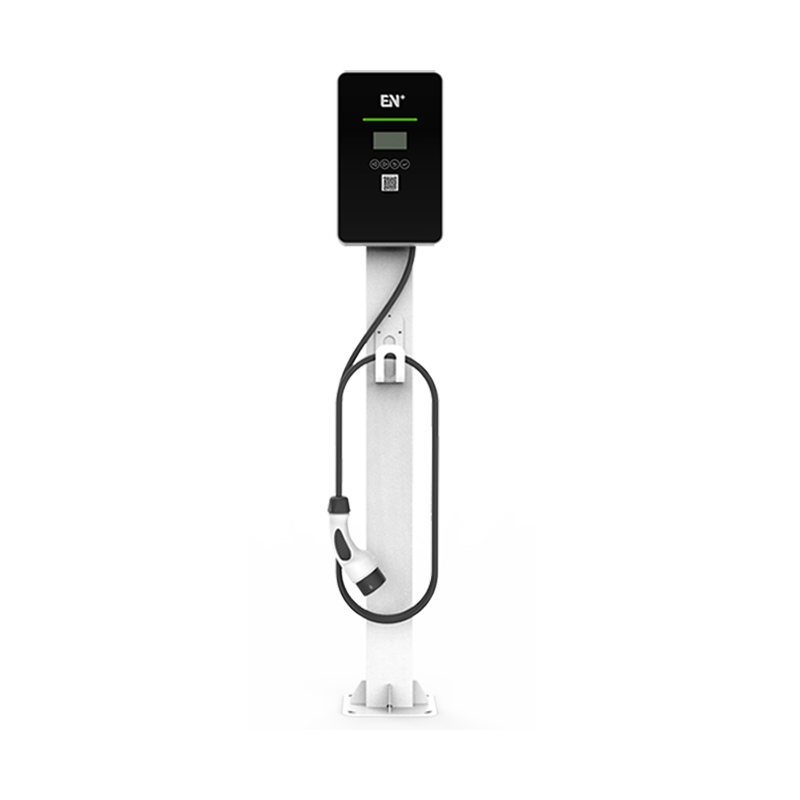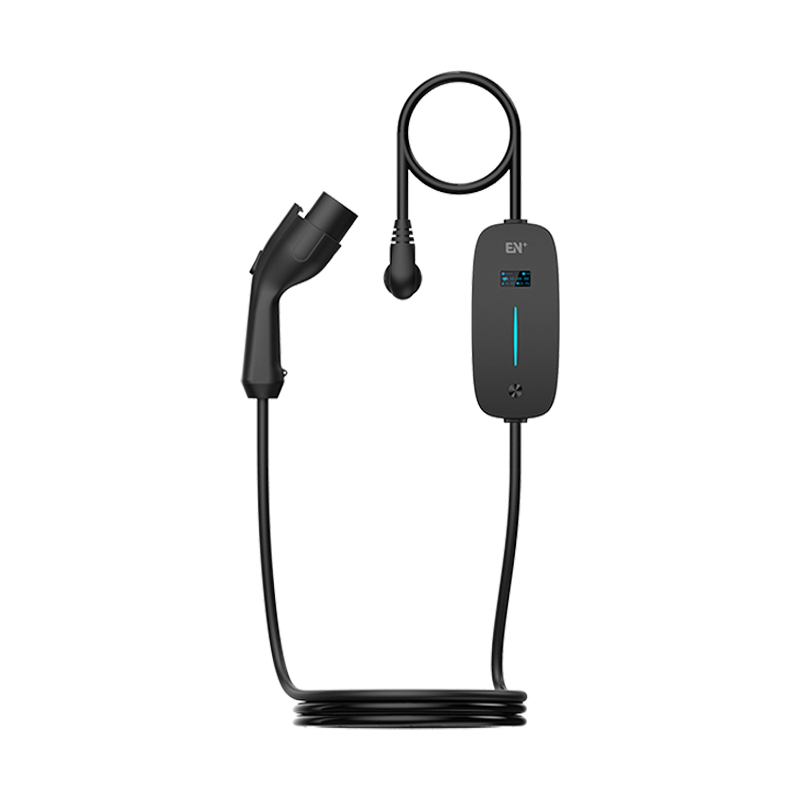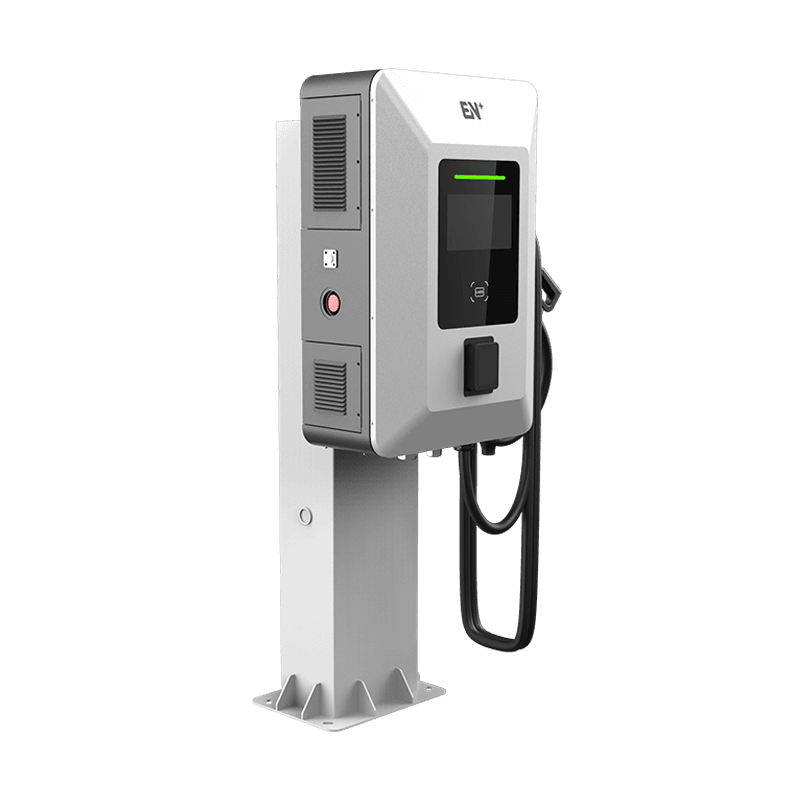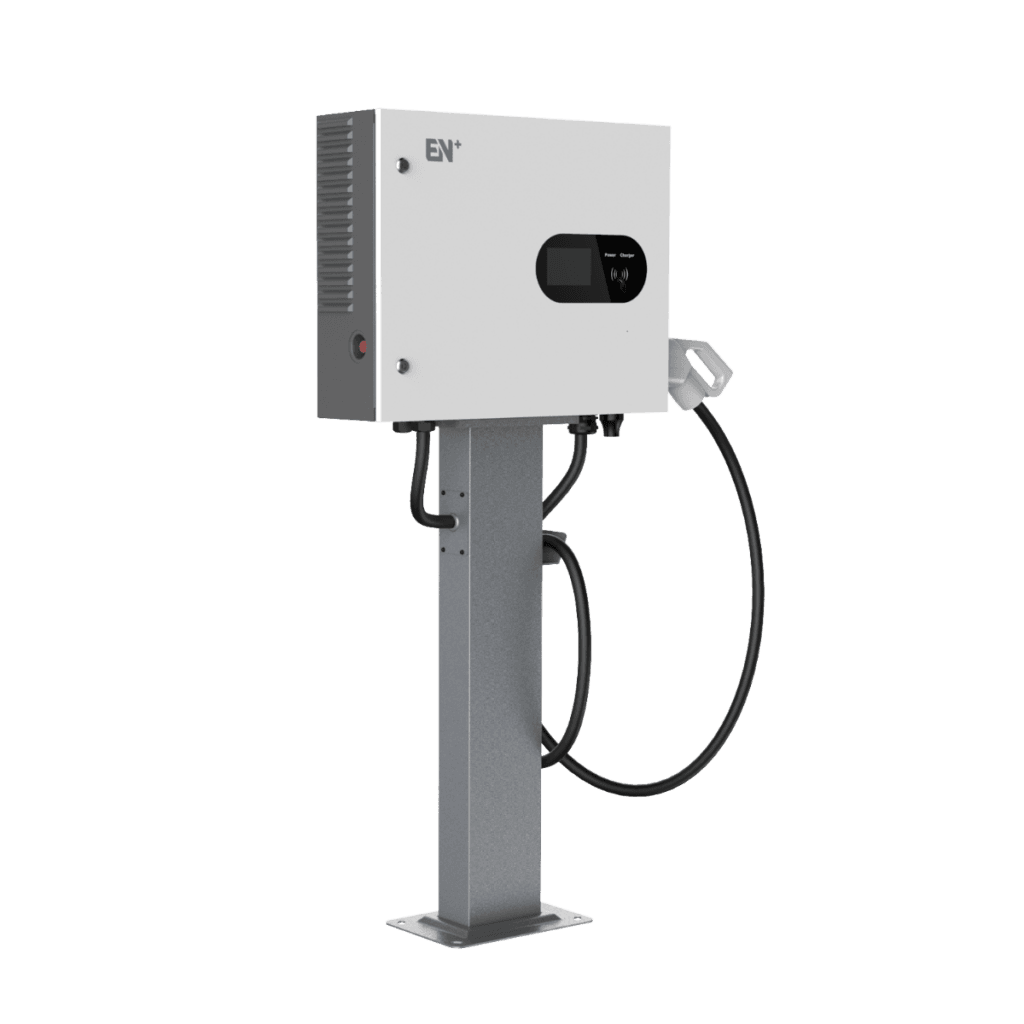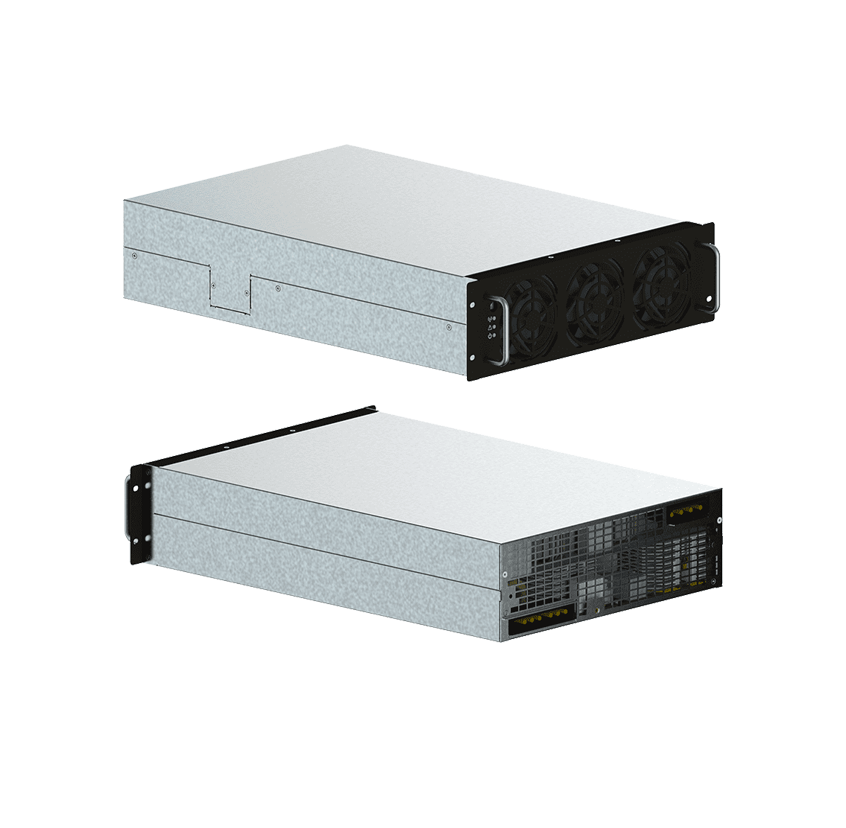All EV charging for
Homes and Businesses
As a leading provider of electric vehicle charging solutions, we offer a range of reliable and efficient chargers that include both AC and DC charging.
AC EV Chargers
DC EV Chargers
Software

Evchargo
Your Partner for Smarter, Safer, and Profitable EV Charging.
Charging Management Cloud Platform and App

Robust Structure

Evchargo Cloud

Business Growth

Extensive Compatibility
Why Choose EN Plus' EV Chargers

EN Plus provides a comprehensive range of charging solutions, including AC chargers ranging from 3.5kW to 22kW, fast DC charging stations up to 300kW, and power modules. Our EV charging stations support various payment methods and offer multi-tiered pricing options. They also support Ethernet, 4G, and WiFi communication, and use the OCPP protocol for seamless integration with the backend.
In addition to our hardware offerings, we also provide a suite of supporting charging management software services. Our software enables you to manage your charging stations more efficiently, monitor real-time data, and optimize your charging strategy.
With our end-to-end software and hardware solutions, you can build a complete and reliable EV charging network that meets the needs of your business and customers.
Simplify your transition to electric mobility and achieve your revenue goals.
EV Charger FAQs
What type of charging station should I choose?
Choosing the right charging station depends on your specific needs and goals. Here are some considerations for AC and DC charging stations and how they align with different businesses:
Residential:
Type: AC Chargers (Level 2)
Advantages: Practical for overnight home charging, convenient for residents with electric vehicles.
Business Alignment: Property developers can attract environmentally aware homebuyers and tenants.
Shopping Mall:
Type: AC Chargers (Level 2)
Advantages: Provide moderate-speed charging for shoppers.
Business Alignment: Enhance visitor experience and attract eco-conscious shoppers.
Hotel or Resort:
Types: AC Chargers (Level 2) and DC Fast Chargers (Level 3)
Advantages: Cater to overnight guests and travelers passing through.
Business Alignment: Attract eco-conscious travelers and provide an additional amenity.
Commercial Parking Garages:
Types: AC Chargers (Level 2) and DC Fast Chargers (Level 3)
Advantages: Provide charging options for daily commuters and those needing quick charges.
Business Alignment: Generate additional revenue and attract environmentally conscious commuters.
Tourist Attractions:
Types: AC Chargers (Level 2) and DC Fast Chargers (Level 3)
Advantages: Cater to local visitors and travelers exploring the area.
Business Alignment: Attract eco-tourists and encourage longer stays.
Fleet Operations:
Type: DC Fast Chargers (Level 3)
Advantages: Ideal for fleets, charge rapidly and reduce downtime.
Business Alignment: Benefit delivery companies or taxi services.
Gas Station:
Type: Combination of AC (Level 2) and DC Fast Chargers (Level 3)
Advantages: Attract local customers and long-distance travelers.
Business Alignment: Diversify services and remain relevant in the era of electric mobility.
What is the difference between home EV chargers and commercial EV chargers?
The primary distinction between home EV chargers and commercial EV chargers lies in their intended purpose and usage.
Home EV Chargers:
Designed for residential use, typically installed in a homeowner’s garage or driveway.
Serve the purpose of charging personal electric vehicles.
Convenient for daily charging needs, but slower compared to commercial chargers.
Compact, user-friendly, and often integrated with the homeowner’s electrical system.
Managed through mobile apps for scheduling and monitoring.
Commercial EV Chargers:
Tailored for public, workplace, and commercial use.
Cater to a broader audience, including employees, customers, visitors, and fleet vehicles.
Found at various locations such as shopping malls, office parking lots, gas stations, airports, and public charging stations.
Offer different charging levels, including fast DC charging (Level 3) to meet quick charging needs.
Feature advanced functionalities such as payment processing, authentication methods, and remote management systems.
Designed to withstand high usage and compatible with various EV models.
Are EV chargers compatible with every car?
EV chargers and electric vehicles (EVs) may not be universally compatible due to several key factors:
1. Charging Port Type: Different EVs have different charging ports, such as CHAdeMO, CCS, and Tesla’s proprietary connector. Chargers need a matching plug or adapter to align with the vehicle’s charging port.
2. Charging Standards: EVs follow distinct charging standards like Level 1, Level 2, and Level 3. Compatibility depends on whether the charger supports the same charging standard as the EV.
3. Charging Speed: Chargers have varying power outputs, and EVs need to be compatible with the charger’s power level for efficient use.
4. Adapter Requirements: Some EVs require adapters to connect to specific charger types. For example, Tesla vehicles often need an adapter for non-Tesla chargers.
5. Voltage and Frequency Matching: The charger’s input voltage and frequency must match the electrical system of its installation location, especially for international travel.
Choosing EN Plus ensures comprehensive compatibility, allowing seamless EV charging across various charger types.
Find the right EV charging solution for your business
Let us help you find the solution to grow your profitable business.





